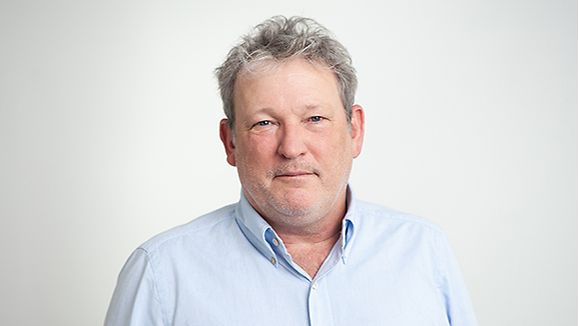Press Release Germany Research and Development
German Research Offers Innovative Solutions to World’s Most Pressing Issues
Germany renowned Fraunhofer Institutes have come up with novel approaches to everything from supply chains to digital medical care to agriculture.
Dec 06, 2021
Berlin (GTAI) - Europe’s largest economy is buoyed by an extraordinary number of extra-university research centers, as recent developments at one of the most prominent institutions – the Fraunhofer Society – show. There are Fraunhofer institutes scattered all across Germany, covering a wide variety of areas crucial to society.
At the start of December, the Fraunhofer Institute for Industrial Mathematics in Kaiserslautern announced the development of mathematical methods for calculating how to minimize risks to supply chains. Simultaneously, the Fraunhofer Institute for Materialflow and Logistics in Dortmund has come up with an Order-To-Delivery-NETwork (OTD-NET) simulator to test and optimize supply chains.
In Darmstadt, the Fraunhofer Institute for Computer Graphics Research and six other sister Fraunhofer institutes have unveiled the first prototype of a digital patient model it says will revolutionize the diagnosis and treatment of chronic conditions such as multiple sclerosis, cancer and dementia.
The societies are also heavily involved in agriculture. In Berlin, the Fraunhofer Institute for Telecommunications is working with partners to establish a software-as-a-service platform that collects device and machine data to form a basis for forecasts and decision-making aids for farmers. And the Fraunhofer Institute for Manufacturing Engineering and Automation in Stuttgart has come up with an autonomous caterpillar vehicle, AMU-Bot, for weeding tree farms in cost-effective and environmentally friendly fashion.
Finally, the institutes have also displayed their prowess in electronics. The Fraunhofer Institute for Photonic Microsystems in Dresden has constructed prototypes of miniaturized headphones that can convey sound without a conventional membrane. Because components can be integrated directly into the headphones silicon chip, they are far more space- and energy-efficient than conventional speakers.
“The dazzling array of innovations presented by Fraunhofer Institutes in recent days and weeks shows the incredible range of imagination and expertise in Germany’s extra-university research centers,” says CEO Robert Hermann of Germany Trade & Invest (GTAI), the country’s official international business promotion agency. “Companies that expand to Germany can expand their business horizons by working together with this unique research and development landscape.”
Additional Information (in German):
